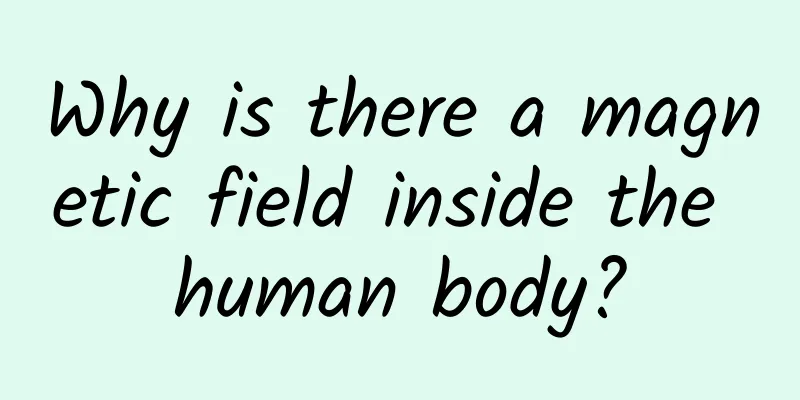Causes of low blood pressure

|
Blood pressure, blood sugar, and blood lipids are all closely related to the blood in our body. Their high or low levels will have an impact on the human body. What effect does low blood pressure have on the human body? If a person suffers from low blood pressure, he or she will often experience symptoms such as dizziness, cold sweats, and weakness in the limbs, and in severe cases, he or she may even go into shock. It often occurs in women who love to diet and elderly people. What causes low blood pressure? Hypotension is a condition in which systemic arterial pressure is lower than normal. Since hypertension often causes damage to important organs such as the heart, brain, and kidneys in clinical practice, it has received much attention. The World Health Organization also has clear provisions for the diagnostic criteria for hypertension, but there is no unified standard for the diagnosis of hypotension. It is generally believed that the upper limb arterial blood pressure of adults is lower than 12/8 kPa (90/60 mmHg) is considered low blood pressure. According to the cause, it can be divided into physiological and pathological hypotension, and according to the onset form, it can be divided into acute and chronic hypotension. 1. Physiological hypotension It refers to a group of healthy people whose blood pressure measurements have reached the standard for low blood pressure, but who have no subjective symptoms. After long-term follow-up, except for low blood pressure, there are no abnormalities such as ischemia and hypoxia in various systems and organs of the human body, and their life span is not affected. 2. Pathological hypotension In addition to lowered blood pressure, it is often accompanied by symptoms of varying degrees and certain diseases. (1) Primary hypotension refers to a state of low blood pressure without obvious cause, such as physiological hypotension (constitutional hypotension), which is more common in frail elderly people and women. (2) Secondary hypotension Refers to the lowering of blood pressure caused by a disease of a certain organ or system in the human body. This type of hypotension can occur rapidly in a short period of time, such as a sharp drop in blood pressure caused by massive bleeding, acute myocardial infarction, severe trauma, infection, allergies, etc. In most cases, hypotension occurs slowly and may gradually worsen, such as hypotension secondary to severe pulmonary tuberculosis, malignant tumors, malnutrition, cachexia, etc. |
<<: What to do if you have rheumatoid arthritis
Recommend
How to brew Poria cocos tea? What diseases can be treated
Poria cocos has the effects of clearing the mind ...
What are the benefits of mulberry fruit wine?
What do men value most? From a health perspective...
What medicine can be used to treat chloasma
Pustules are quite common in daily life. They are...
What are the effects and functions of horsetail
Equisetum is a herbaceous plant, and its dried pa...
How to treat erysipelas?
Erysipelas is a common skin disease characterized...
Lower abdominal pain in early pregnancy
Many people often experience lower abdominal pain...
How much does authentic saffron cost per gram?
The price of saffron produced in the tourism econ...
Symptoms of a blood clot in the leg
Blood clots in the legs are a relatively common d...
What to do if your eyes are swollen after eating seafood
Many people love to eat seafood, especially when ...
How to treat severe premature ejaculation
Premature ejaculation can be said to be one of th...
Why is there foam in the baby's poop?
Sometimes mothers find that their babies have foa...
What causes dry and cracked upper lips?
As summer passes, the weather in autumn is bound ...
What can pregnant women eat to increase milk production fastest?
Many expectant mothers will experience insufficie...
How to prevent stroke
Stroke is a disease caused by blood disorders in ...
Hypothyroidism
Hypothyroidism is a physiological or even systemi...









